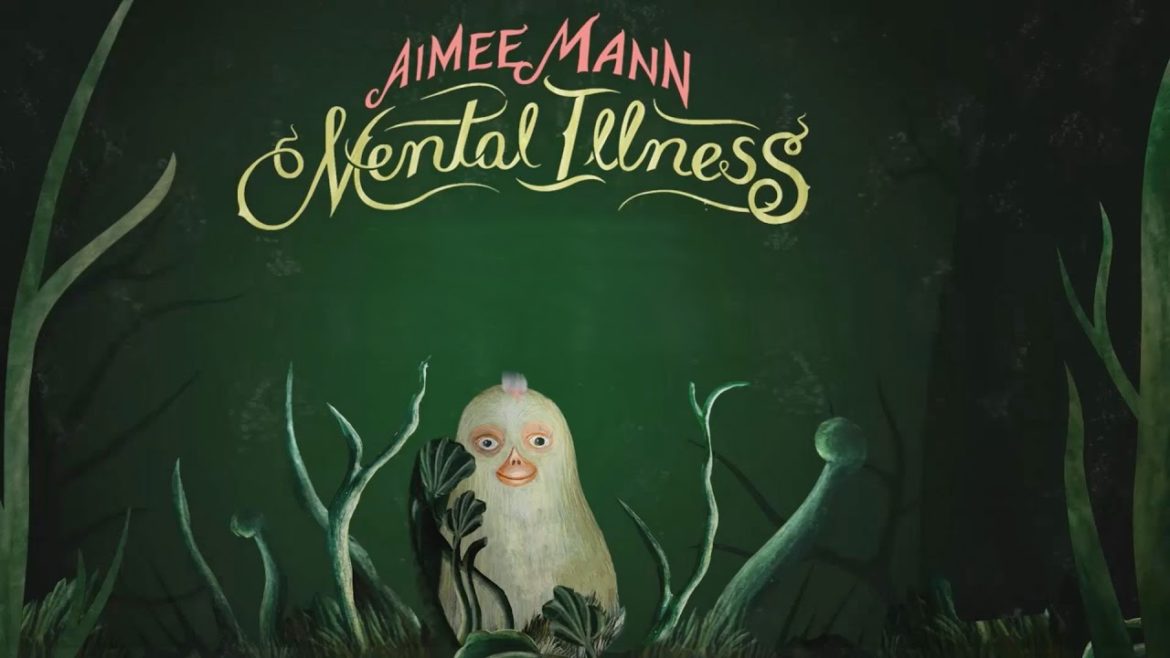Singer-songwriter Aimee Mann returns after a five year absence following 2012’s “Charmer,” with “Mental Illness,” released on March 31, an album that bottles up the melancholic beauty she sees in the world. Photo fair use by Aimee Mann.
By CONNOR MCCAGE – Staff Writer
Aimee Mann returns with a quiet and acoustic album that straddles the line between bitter self-reflection and regret, while still showcasing her signature wit and charm.
“Life is grand/And wouldn’t you like/To have it go as planned?”
Singer-songwriter Aimee Mann returns with “Mental Illness,” an album that paints a beautiful picture of someone who is unhappy with their life, yet still lacks some emotion and complexity.
The album, released on March 31, starts with the somber and absurd “Goose Snow Cone,” which sets the mood for the quiet and mellow tone of the album, while creating this caricature of a depressed artist.
With the two following tracks “Stuck in the Past” and “You Never Loved Me,” the album repeats itself as the two songs sound instrumentally similar and they are both somewhat forgettable despite building on the history of the troubled artist.
“Mental Illness” picks back up with the tracks “Rollercoasters” and “Patient Zero,” which sound like old Aimee Mann on an acoustic guitar which is a very good thing. The story of the album continues to build with the piano driven and chorus backed “Good for Me.”
The album continues just as strong with the empowering “Knock it Off” and the dark “Philly Sinks.” These tracks do suffer from Mann’s lack of vocal range as far as tone goes.
Whether she is singing about past regrets or finally becoming fed up and acting on those sorrows, her vocal tone stays the same. The lyrics showcase beauty and depth that her voice does not match up with. This is a problem with most of the album and takes away from the believability of the story.
This does not take away from the melancholic and beautiful “Poor Judge,” which closes the story and growth of the sad and depressed artist that the album describes. The song is piano driven and is backed with energetic violins that accompany Mann’s voice perfectly. The lyrics of the song will touch anyone as Mann gently sings “I see your light on/calling me back to make the same mistakes again.”
At its core is “Mental Illness” is a good album that constantly borders on becoming great. The album flows well through its 44 minutes and listeners will not feel bored or want to skip a track, despite some duds. However, when only the individual tracks are taken into account, they lose replay value.
“Mental Illness” is good for listening alone or on a long walk. This is not an album to listen to in chunks, nor will it appeal to everyone. The album is a concise and dark journey, which is both its biggest strength and weakness.
